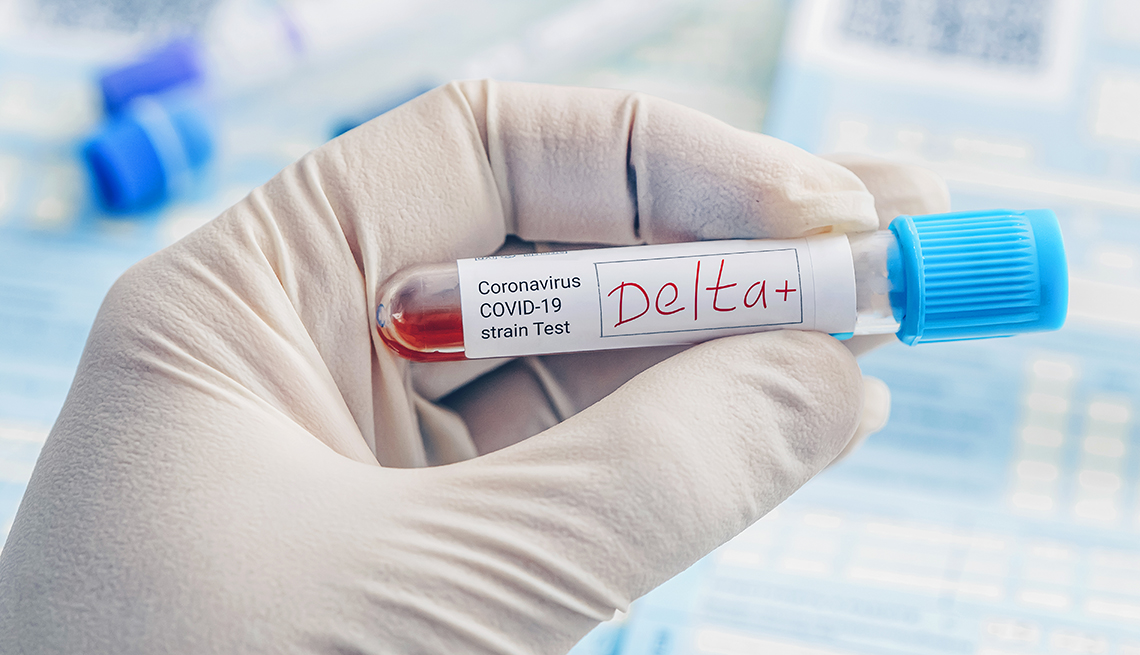
Delta-plus: what to know about this strain of covid
- Select a language for the TTS:
- UK English Female
- UK English Male
- US English Female
- US English Male
- Australian Female
- Australian Male
- Language selected: (auto detect) - EN
Play all audios:

Another reassuring trait: Delta-plus shares a few mutations with other variants “that didn’t really go anywhere,” Kennedy says. “And so the general consensus is that these mutations may not
provide much of an advantage to the virus.” Nowadays, almost all of the cases, at least in the U.S. and in the U.K., are delta. So 99 percent of the variants that we're going to see now
are going to be variants of delta, not variants of the original strain. Richard Kennedy, Mayo Clinic Vaccine Research Group Virus strains that are “a little heartier” than their peers —
maybe their mutations allow them to replicate faster upon infection, or pack more of a punch when confronted with antibodies — take over and spread. But delta-plus “does not seem to be
spreading very quickly,” Kennedy points out. In October, delta-plus accounted for about 6 percent of all cases in the U.K.; tracking sites show that number may be around 14 percent now.
Only a few cases have been spotted in the U.S. That said, delta-plus is still managing to spread, even with delta in the mix, meaning it likely has an edge on delta. But “it's too
early to tell if it's a lot better or not,” Kennedy says. CDC Director Rochelle Walensky, M.D., has said the CDC is “continuing to track lineages and sub-lineages of delta and all
other variants,” as well as their potential impact on COVID treatments and vaccines. But for now, there is “no evidence” of an immediate threat. “I think of this as a variant of a little bit
of concern, but certainly not anything that I think represents a game changer in terms of our strategy and approach,” Jha adds. 4. VACCINES ARE KEY TO FORESTALLING NEW VARIANTS The
vaccines are crucial to keeping the COVID curve trending in the right direction and to avoid giving rise to new and potentially more destructive variants and lineages, experts say. The
reason? “The only time the virus can create variants is when it's inside a human being, inside a cell creating new viruses,” Kennedy says. Though the COVID vaccines are not 100 percent
effective at preventing a coronavirus infection, studies show that fully vaccinated people are significantly less likely to be infected. “If we can reduce the number of cases
significantly, we've reduced the chance of having a delta-plus-plus or whatever we decide to name the granddaughter of delta,” Kennedy says. Other precautions can also help stymie the
emergence of new variants: Wear a mask when you are in crowded, indoor settings; wash your hands often; and if you’re due for a booster, get it. “What you have to do is put multiple layers
of protection in place,” Kennedy adds.
